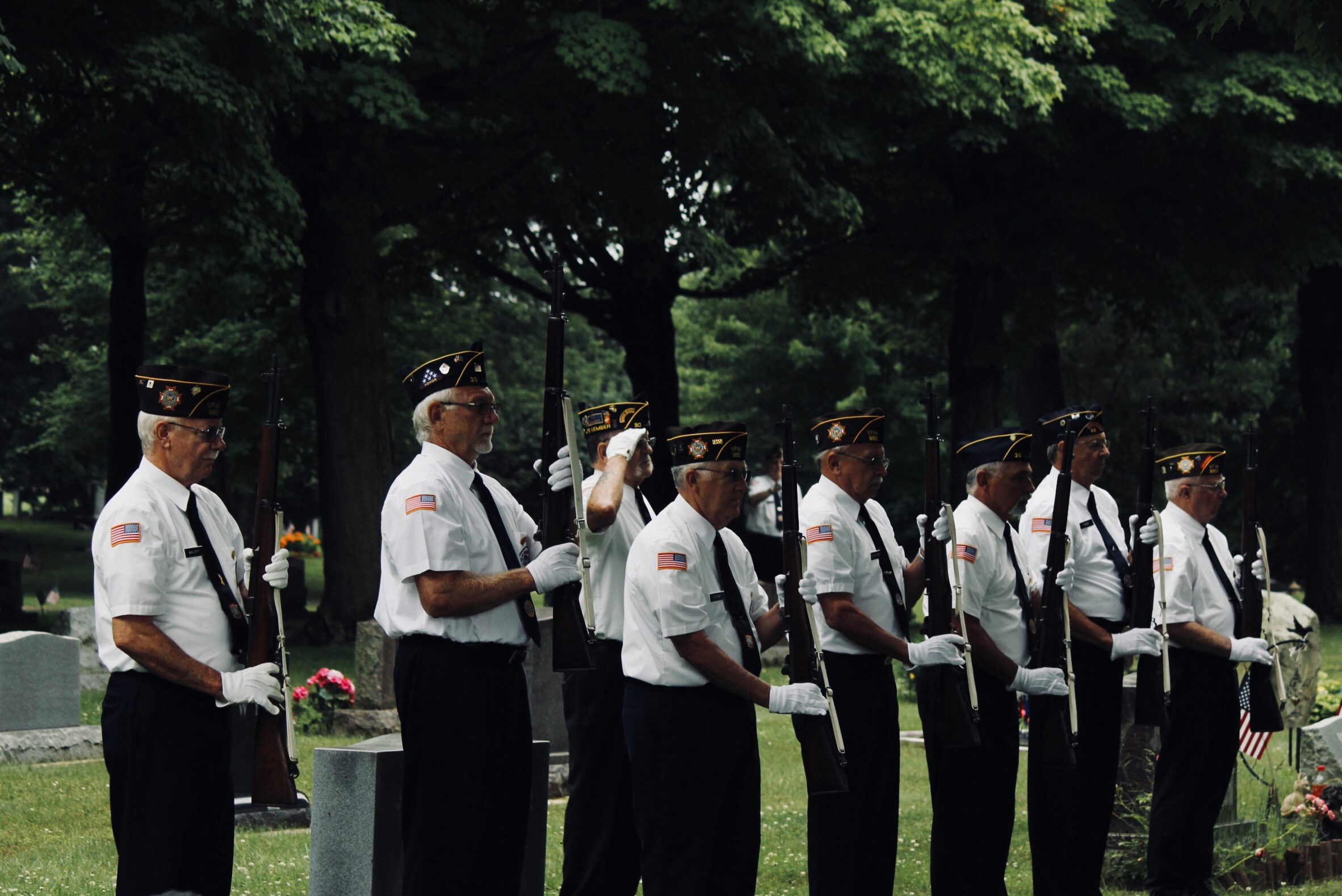There’s a saying among old NCOs: “If you fail to plan, you plan to fail.” And when it comes to our final mission—the last bivouac—that hits harder than most of us want to admit.
Whether you believe your last stop leads to glory, rest, or reunion with the saints, one thing is true—leaving your loved ones unprepared makes the hardest day of their lives even harder. As a man who served 26 years in uniform, a father of six, and an advocate for veterans today—I’ll tell you straight: it’s time to prepare like your legacy depends on it.
Because it does.
The Mission Plan
Every veteran needs to build a final mission plan—here’s the gear list:
- Choose your funeral home and cemetery
- Decide between cremation or full-body burial
- Clarify what kind of ceremony you want—military honors, chapel service, or just a quiet graveside farewell
- Don’t forget the reception—whether that’s coffee and cake or BBQ and stories
- Write it down. Store it. Tell someone.
If you haven’t planned your last bivouac, someone else will have to. And that “someone” might be your wife, your kids, or a buddy—during the worst week of their life.
The Decision Is a Family Operation
Yes, talking about death is uncomfortable. But so was going to Basic Training, or spending 15 months in the Triangle of Death, or sitting with a Soldier after they got Red Cross news. This is no different—it takes courage.
And let me be clear: this isn’t just about you. It’s a leadership move to include your family in the process. Let them know your wishes. Put it in writing. Store it with your estate plan. Make it part of your legacy of love.
Lock In the Funeral Home and Cemetery
I’ve already registered my wishes at the National Cemetery in Leavenworth, Kansas. That part’s locked down.
Even if you’re still walking trails or throwing kettlebells, don’t put this off. Call the funeral home you trust. Meet with them. Let them build a file. I’ve done that too—for myself and my wife. It’s one more fire my family won’t have to put out.
Unfortunately, my grandfather—who served in the Navy in the Pacific Theater after WWII—didn’t get that honor. His death was sudden, and the arrangements for full military honors hadn’t been made. I called five military installations and reached out to multiple veteran service organizations. Nothing. The funeral director and his son did their best to fold the flag—but they weren’t trained. It was sloppy, and it stung. We had to just go with it.
That’s when I knew: I’ll never let that happen to my family.
A Word on Readiness
When any of my units deployed, we always ran the Soldier Readiness Programs. As the senior NCO or officer in charge, I helped Soldiers fill out their SGLI, emergency notification forms, and verify their benefits. And it wasn’t just before combat—we updated that stuff:
- When they arrived to the unit
- Every six to twelve months
- And again before they PCS’d
Accidents happen. Being “not prepared” was never an excuse. We made time for what mattered.
We did it then—why not now?
The Grave and Headstone
If you want a marked grave—and most veterans do—you need to decide what it’ll say. You can go the VA route or choose something more custom, but either way, that headstone is a legacy marker. It tells the world you served. It says: “This man stood post for something greater than himself.”
Want a cross? Scripture? Emblem of faith? Add it to your plan.
The Funeral: Your Final Tribute
Your funeral isn’t for you. It’s for the people who loved you.
If you want full military honors—honor guard, rifle volley, a bugler playing “Taps”—then tell someone. Loop in your VFW or American Legion post. Contact the Casualty Assistance Office. Put your flag request in writing.
One of the hardest things I’ve seen is a family unsure what their veteran wanted, trying to piece it together at the last minute. Spare them that. Make it easy. Make it clear.
And if you want music—say so. Hymns, country songs, or something sung by your daughter. That moment matters more than you know.
The Interment and Reception
Some vets want a big turnout. Some want just their closest family, walking quietly behind the urn or casket.
Either way—own it.
And don’t skip the reception. Whether it’s cookies and punch or a potluck with war stories, that fellowship helps people heal. I’ve heard stories at those tables that never got told during the service—funny, gritty, redemptive stories that let people laugh through their tears.
That’s part of the healing.
Final Thoughts
Your last bivouac is not about death—it’s about your legacy. It’s your final salute, your last act of leadership.
So don’t wait.
Plan. Document. Tell someone. Set up that file at the funeral home. Register your cemetery. Choose your words. Choose your flag.
I walk veterans through this every day—how to understand their VA benefits, how to secure final expense protection, how to make sure their families don’t get blindsided.
Because I believe this: No Veteran Gets Left Behind.
If you’re ready to talk, I’m here. I’ve got your six.
